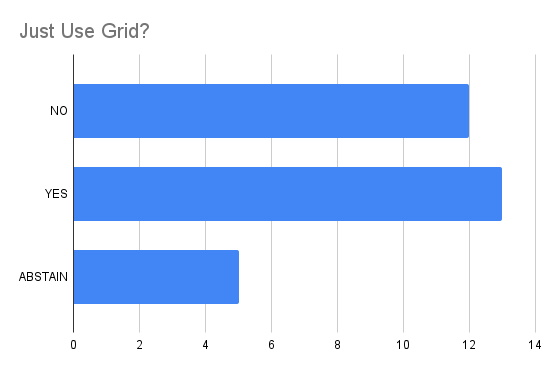
As the digital landscape continues to evolve, the role of developers has become even more crucial. They are responsible for building and maintaining websites and applications that are not only functional but also reliable and secure. One crucial aspect of website and application performance is the Domain Name System (DNS). In this article, we will explore how DNS checking can greatly benefit developers in ensuring smooth and efficient operations.
What Is DNS Checking?
DNS checking, also known as DNS validation, refers to the process of verifying and analyzing the Domain Name System to ensure that it is functioning correctly. The DNS is essentially a decentralized system that translates domain names (e.g., www.example.com) into IP addresses (e.g., 192.0.2.1) to locate web servers and other resources on the internet.
DNS Resolution Process
When a user enters a domain name in their browser, the DNS resolution process takes place. It involves querying multiple DNS servers to find the corresponding IP address of the requested domain. DNS checking ensures that this process works seamlessly to prevent website downtime and errors.
Importance of DNS Checking for Developers
DNS plays a critical role in the performance, security, and reliability of websites and applications. For developers, DNS checking offers several key benefits:
Improved Website Performance
Fast and reliable DNS resolution leads to quicker website loading times. By validating the DNS, developers can identify and rectify any issues that might slow down the resolution process, ensuring an enhanced user experience.
Minimizing Downtime and Errors
A robust DNS checking process helps developers detect and resolve potential problems that may lead to website downtime or errors. By promptly addressing these issues, developers can prevent disruptions to their online services.
Enhancing Security
DNS checking is vital for identifying security vulnerabilities, such as DNS cache poisoning or DNS spoofing attacks. Developers can implement necessary security measures to safeguard their websites and users’ data.
DNS Checking Tools and Techniques
To effectively perform DNS checking, developers can utilize various tools and techniques:
DNS Propagation Checkers
DNS Propagation checker allows developers to determine if their DNS changes have propagated across the internet. This helps in identifying any delays or misconfigurations during the DNS update process.
DNS Record Lookup
DNS record lookup tools provide developers with detailed information about a domain’s DNS records, including A records, CNAME records, MX records, and more.
Domain Health Check
Domain health check services analyze a domain’s DNS settings for potential issues and provide suggestions for improvement, ensuring optimal DNS performance.
How To Perform DNS Checking
Performing DNS checking involves using different methods, including:
Using Command Line Tools
Developers can use command line tools like “nslookup” and “dig” to perform DNS queries and diagnose any problems related to domain resolution.
Online DNS Checking Services
Online DNS checking services provide quick and easy-to-understand reports on a domain’s DNS health, making it convenient for developers to validate their DNS configurations.
Common DNS Issues and How To Resolve Them
Developers often encounter common DNS issues, such as:
DNS Misconfigurations
Misconfigurations in DNS settings can lead to incorrect resolution and result in website unavailability. Double-checking configurations can help resolve such issues.
DNS Cache Poisoning
DNS cache poisoning occurs when malicious data is inserted into the DNS cache. Implementing DNSSEC (Domain Name System Security Extensions) can protect against this type of attack.
DNSSEC Implementation
DNSSEC adds an extra layer of security by signing DNS data cryptographically, ensuring the authenticity of DNS records.
The Future of DNS Checking
As technology advances, DNS checking is expected to evolve further to meet the demands of an ever-changing digital landscape. Some potential advancements include:
DNS Over HTTPS (DoH)
DoH is a secure protocol that encrypts DNS queries and responses, enhancing privacy and protection against eavesdropping and tampering.
Conclusion
DNS checking is a crucial aspect of website and application development. By validating the DNS resolution process, developers can ensure improved performance, minimal downtime, and enhanced security for their online services. Embracing DNS checking tools and techniques will undoubtedly contribute to a seamless and reliable online experience for users.


